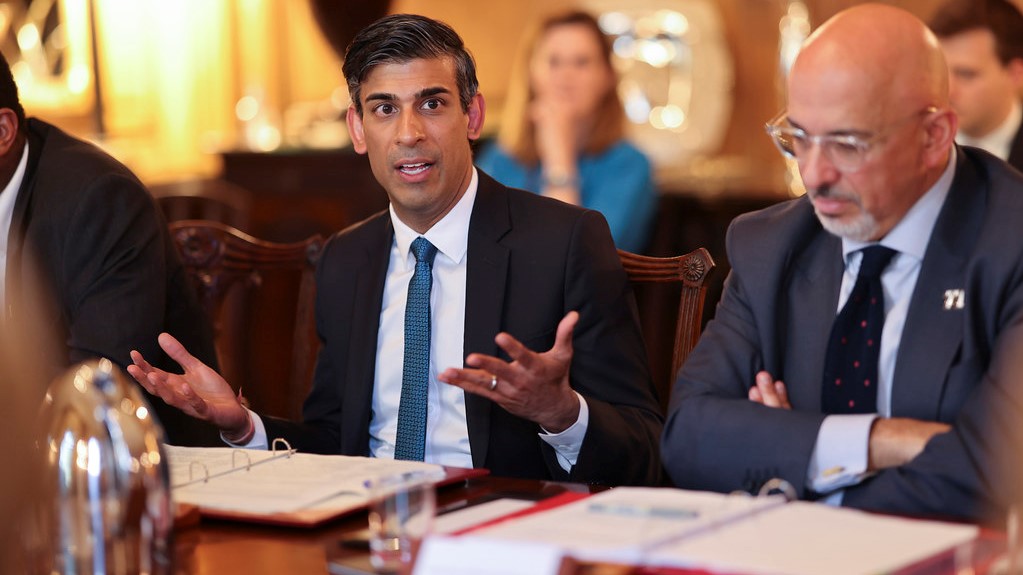The British Chambers of Commerce has called for an immediate emergency Budget to deal with the costs crises facing businesses throughout Britain.
It has developed a three-point action plan that would allow firms to keep a lid on rising prices, boost productivity and ease cost pressures.
- Pospone the recently introduced National Insurance rise until at least 2023/24
- Cut VAT on energy bills from 20 per cent to 5 per cent for a minimum of one year, helping firms manage the impact of runaway energy prices
- Reinstate free Covid tests for companies ease the strain on productivity caused by persistent high absences combined with labour shortages
Taken together, these three steps in an emergency Budget would take the pressure off businesses which are battling to keep the economy afloat, the BCC believes — offering a route to higher productivity and future tax receipts.
>See also: A third of businesses expected to raise prices in May
The Bank of England last week warned that the UK economy would slide into recession this year as higher energy prices pushed inflation above 10 per cent.
Sunak should not wait until the autumn to intervene, when his next Budget is expected, BCC director-general Shevaun Haviland told the Financial Times. He needs to action an emergency Budget now before more businesses go under.
“It is easier to keep a business open than to get them to reopen once they have closed,” she told the newspaper.
>See also: Independent shops ‘open’ to idea of online sales tax
Postponing the rise in National Insurance Contributions (NICs) would not only ease the immediate pressure on companies’ balance sheets but it would also put money back into the pockets of employee, the BCC believes – boosting consumer confidence. the economy will then be in a much stronger position to bear the increase when supply chain disruption has unwound and global factors influencing inflation have receded.
Cutting VAT on business energy bills to 5 per cent for all businesses, would provide another quick release valve on soaring costs for firms.
For example: a small business which has an energy bill of £10,000 and currently pays the standard 20 per cent rate would pay £2,000 VAT. The BCC’s proposal would see that cut to £500.
And many businesses in the UK are still seeing above average absence rates as Covid continues to impact the workforce. Around two thirds of more than 1,100 firms surveyed in April by the BCC reported staff absences due to Covid symptoms or self-isolation. New sub-variants of Omicron are reportedly leading to rising infection rates in the US and South Africa. Bringing back free testing would allow firms to limit the disease’s spread among employees.

Haviland said: “These are simple, straightforward measures that can be quickly reversed when the economy is in better shape.
“The Treasury and HMRC have proven their ability during the pandemic to implement similar changes quickly and efficiently. Making these changes would have an immediate benefit for both businesses and the public.
“The costs crises facing firms and people in the street are two sides of the same coin. If we can ease the pressure on businesses then they can keep a lid on the price rises being driven by surging energy bills, staff shortages and higher taxes.”
Shevaun Haviland, director-general of the BCC, will be answering your questions in a live Twitter Q&A on Thursday, May 19 at 4pm. put you questions to Shevaun using the hashtag #askshevaunhaviland but remember you have to follow @smallbusinessuk to take part





